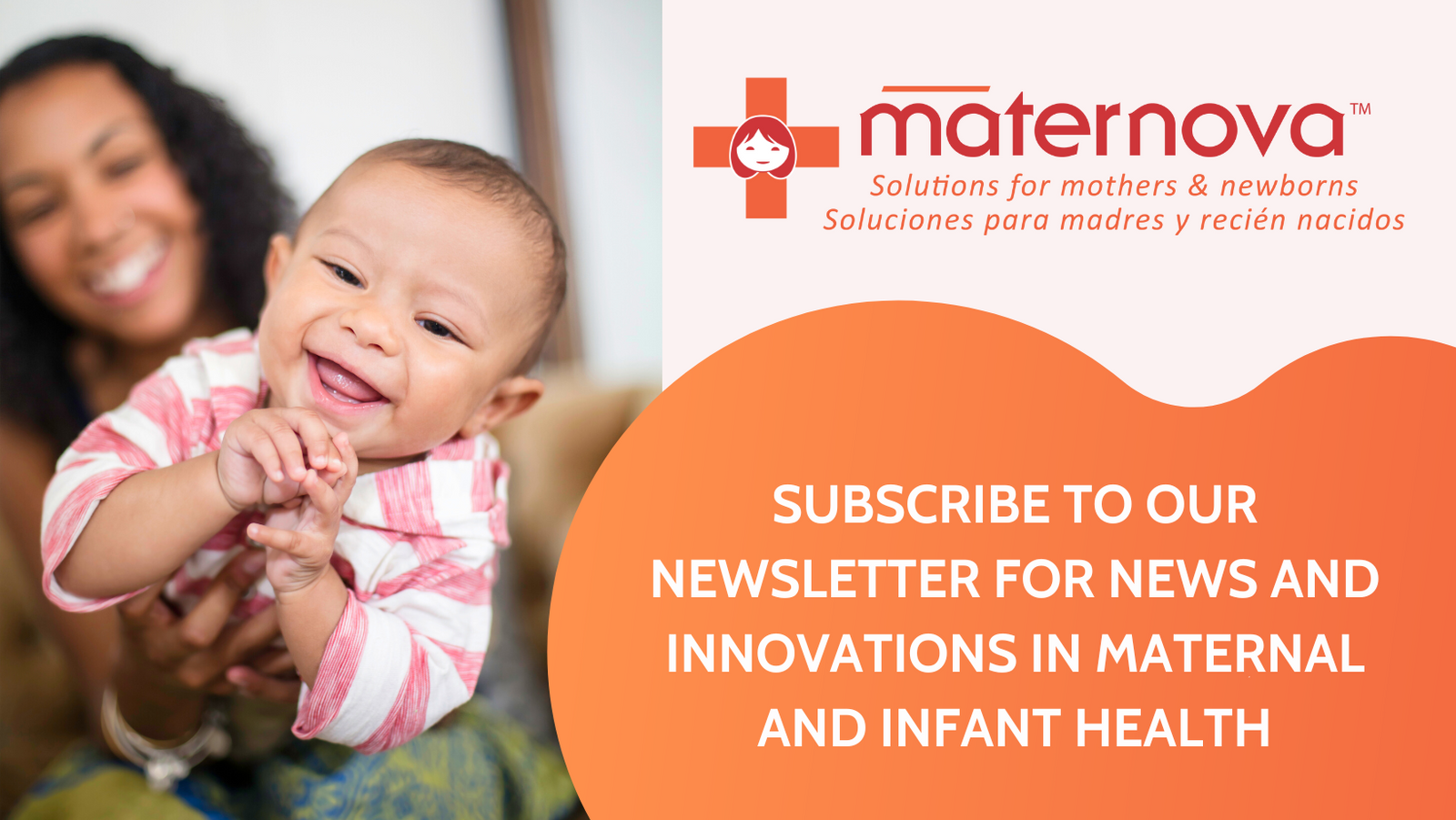
Our Clinic #4: How I Survived Eclampsia through an Emergency Visit After a Birth in Borno State, Nigeria
January 15, 2022 2 min read
 How did Aisha hear about your service?
How did Aisha hear about your service?
AISHA MOHAMMED KINDANG APPRECIATION/ SUCCESS STORY
I Survived Post-Partum Eclampsia
Pregnancy-induced hypertension, or postpartum hypertension is defined as high blood pressure (systolic pressure at or above 140 mm Hg and/or diastolic blood pressure at or above 90 mm Hg) after delivery. Severe hypertension can lead to a heart attack or stroke.
The patient herself, Aisha Mohammed, provided this testimonial after she we treated for postparum eclampsia: "Peace be unto you, my name is Aisha Mohammed based from Kindang village Hawul Local Government area of Borno state Nigeria. I want to thank SMaNCH Foundation for helping pregnant and lactating women with free drugs. I had high Blood Pressure (Post-partum eclampsia) after delivery and I received timely care and quality intervention from SMaNCH Foundation. Now I have recovered fully, I am active and very healthy all thanks to them."
The complex humanitarian crisis in Northern Nigeria which started way back in 2009 remains one of the most severe in the world with an increasing number of people in need of urgent Medical assistance. In 2020, the consequences of the COVID-19 pandemic further exacerbated the vulnerabilities of people already affected by Farmer/herder clashes, banditry, kidnappings and insurgency. According to the UNOCHA Situation Report of September 2020, the number of people urgently in need of assistance rose from 7.9 million at the beginning of 2020 to 10.6 million since the onset of the COVID-19 pandemic.
Nigeria, the eighth most populous country in the world and the First in Africa with over 200 million population, accounts for 20% of all global maternal deaths with a daunting maternal mortality ratio of 800 maternal deaths per 100,000 live births. Northern Nigeria has become a hub of joblessness, illiteracy, early/child marriage, maternal mortality and terrorism leading to limited access to quality healthcare delivery (Clinical Epidemiology and Global Health, 2021).
Leave a comment
Comments will be approved before showing up.
Also in The Maternova Blog

A Point of Care Bilirubinometer Using Blood: BiliDx
January 16, 2024 2 min read

Clinical Indications for Applying (and Removing) the NASG: Rule of 20
January 15, 2024 2 min read
The garment must be removed upon reaching hemodynamic stability for at least two hours, where it is evident:
- Blood loss less than 50 mL/hour
- Pulse less than 100 beats per minute



